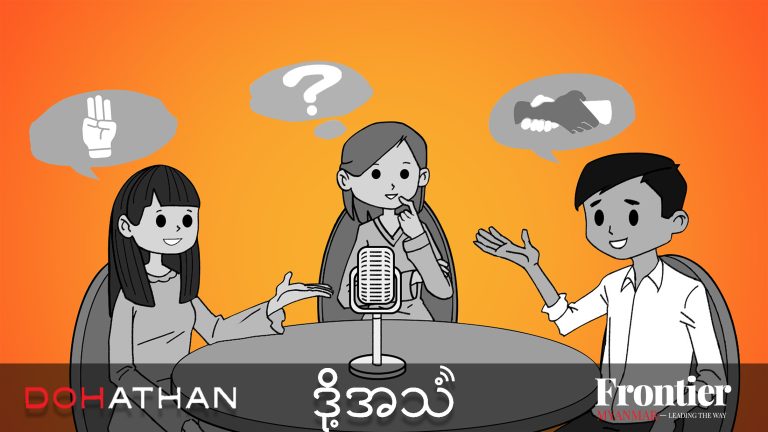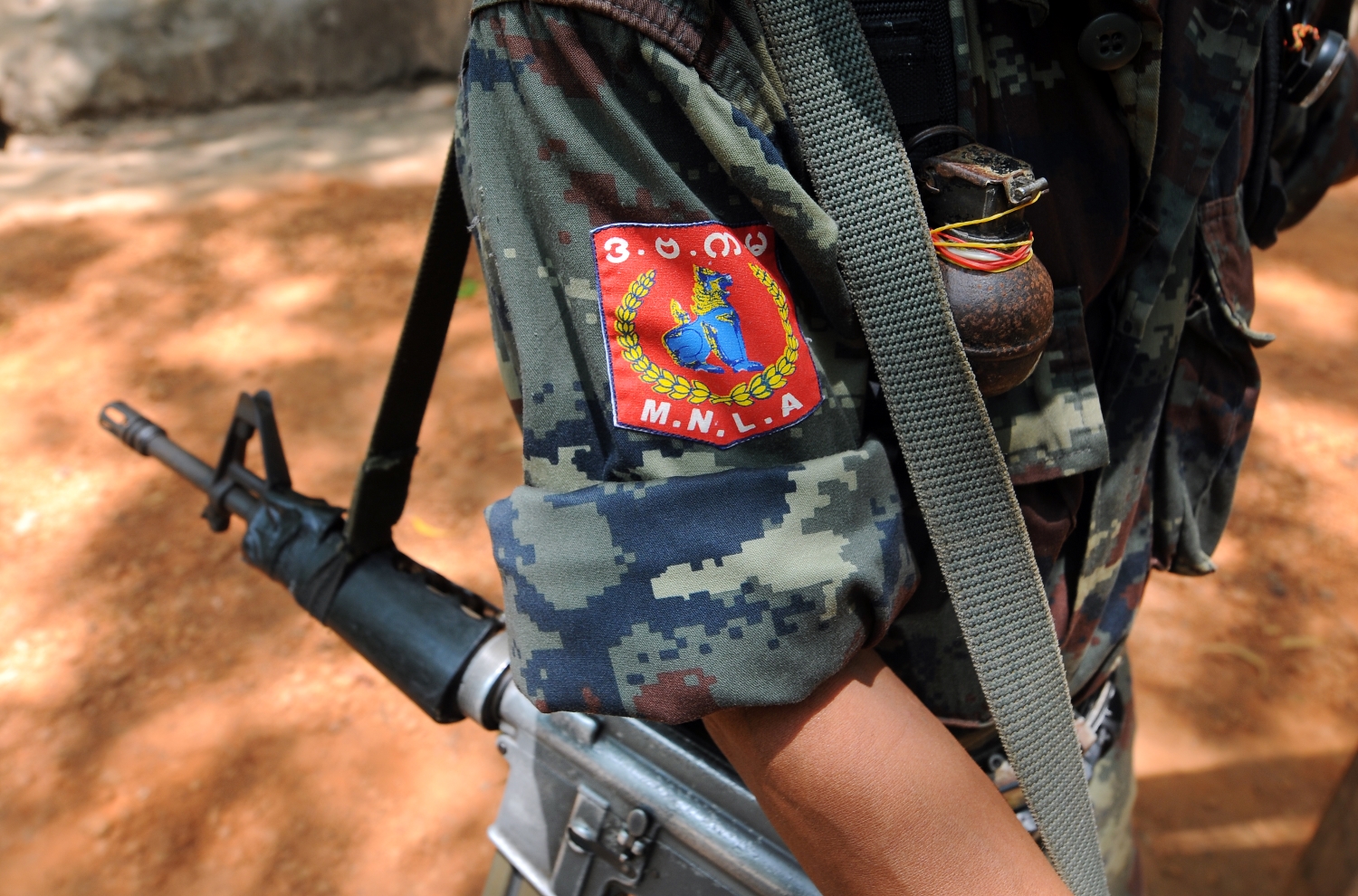When Bogyoke Aung San was assassinated in July 1947 just months before Burma regained independence, the concept of equal partners in a federal Union died with him. The Bogyoke’s successor, Prime Minister U Nu, was a staunch Buddhist who emphasised Bamar dominance through religious and political means, against which ethnic minority groups rose in rebellion. They had no other means to acquire some autonomy in their areas.
When General Ne Win deposed U Nu in March 1962, he promoted a program of Burmanisation that prolonged the civil war. The only difference with U Nu was that he used different means to consolidate Bamar domination and alienate the minorities even further.
In 2015 the issues of federalism, peace and political dialogue are exercising many minds. But what do they mean when some of the past mistakes of the Bamar majority are being repeated?
The upsurge of nationalism that has led to the increased oppression of the Muslim minority, the rise of Ma Ba Tha, and the introduction of the discriminatory race and religion laws, are core elements of a Bamar Buddhist agenda, with which few ethnics will identify.
The election result, and the path that led to the National League for Democracy landslide, adds another worrying element to the mix. The NLD is a Bamar-centric party; it did not field any Muslim candidates, although some of its founders were prominent Muslims.
Support more independent journalism like this. Sign up to be a Frontier member.
Recent history does not bode well. In the run-up to the 1990 election, the NLD inked a deal with the ethnic parties. It promised not to field any candidates in ethnic constituencies, a pledge it broke almost immediately. This “betrayal” is vividly remembered by ethnic leaders to this day.
This year the ethnic parties again sought the cooperation of the NLD, but it rejected any alliances. From a power political point of view that proved to be the correct strategy because it produced a landslide victory and an absolute majority in the Union parliament. From a peace perspective it was the wrong strategy.
The election result has paved the way for the NLD to dominate the Union parliament and 12 of the 14 state and regional assemblies. This is bound to make the ethnics feel uncomfortable, because they will continue to have little say over governance in their own areas.
The first signs that not all is well are already surfacing. A prominent Karen National Defence Organisation leader said last week that the nationwide ceasefire has “become worthless”. Dr Aye Maung, the defeated leader of the Rakhine National Party, has voiced concern as well. He is afraid “that ethnic voices will not be heard in the new parliament”.
Outgoing MP U Thein Nyunt recently told Frontier that “A weak opposition makes for weak democracy.” He is right. One-party dominance, in this case achieved largely because of a protest vote against the military, is dangerous.
U Than Soe, an NLD MP-elect believes differently. “If a government’s policies are good, it does not need an opposition,” he says. He cited China as an example.
Within the NLD there is much rejoicing over its stunning victory, but a reality check is in order. The NLD is poised to assume power with a team inexperienced in government, including its leader, Daw Aung San Suu Kyi. The expected transfer of power will occur in a context in which the Union Solidarity and Development Party and the military will be happy to see the NLD fail – and have the means to make it fail – and ethnic minorities are distrustful of a party that has betrayed them before and which completely dominates the national political arena, with the exception of Rakhine and Shan states.
A more balanced election result and the subsequent formation of a national government would have been preferable to ensure a stable transition, as the one-sided poll outcome has put the NLD in a position of vulnerability. We must hope that the NLD leadership has the presence of mind to engage with the army and opposition and ethnic parties. This would help to spread political risk, avoid failure and instability and minimise the possibility of the military stepping in again, Thailand-style.
Time will tell if Daw Aung San Suu Kyi will be able to prevent her party’s triumph from becoming a Pyrrhic victory.






